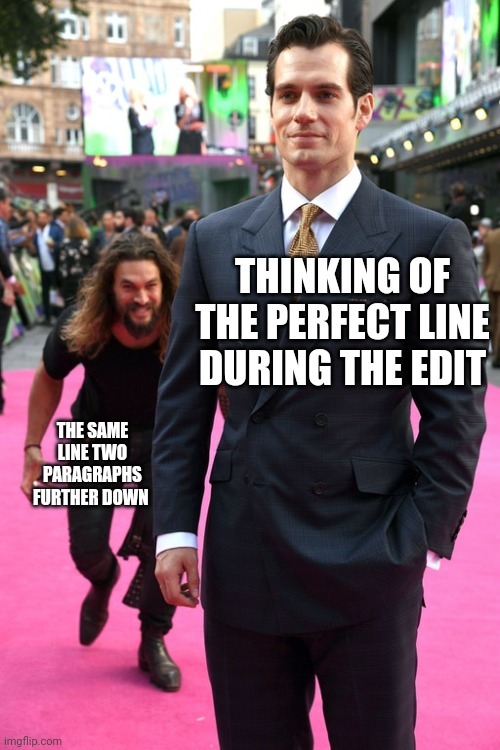A writing blog for a lonely, lil demon. Call me Booker, Garet, or August. They/Them, He/Him, On/Jego. Reblogging, writing, adding on, the whole nine yards. Welcome to the deepest, darkest parts of my mind.
Don't wanna be here? Send us removal request.
Photo

“Small Knife with Sheath” The Ottoman Empire, 18th century. Material: steel, silver, bone, horn, mother-of-pearl, enamel [1359x1920]
38K notes
·
View notes
Text
being queer and seeing historical queer love is like a punch to the gut in a good way every time
191K notes
·
View notes
Text
I believe dragons should also be allowed to binky, like rabbits. Wag their tails that flatten trees right before jumping into their air for a giant wiggle, and as they fall back down, they spread their wings & fly off.
fun behaviors to give dragons that aren't feline/canine based
cause as much as i love dragons purring and roaring i wish there was just more variety in how they would act
clacking their teeth together to show contentedness/happiness (budgies)
using tails as a defensive weapon in a whip like fashion (iguana)
twitching to express that they're not a threat to members of their species (hognose snake)
feeling calm when eyes are hooded/covered (birds of prey)
head bobbing as a threat display (anoles/bearded dragons)
flattening neck or sides to appear bigger (snakes/lizards)
mantling over food to protect it from hatchmates (birds of prey)
wiggling neck as a courting maneuver (budgies)
audibly grinding teeth as a warning (macaques)
maintained eye contact as a challenge (gorillas)
pounding wings against sides as a threat (gorillas)
slapping other dragons with their claws when their personal bubble is invaded (seals)
hoards used as a site to impress mates (birds of paradise)
snorting when undergoing heightened stress (horses)
making repeated loud noises with surroundings to establish territory (woodpeckers)
loud constant arguments with other dragons when roosting (bats)
building lairs that cause a domino effect of change in the land around them (beavers)
slapping their tails against the ground/water as a warning (beavers)
plucking or scraping off scales as a sign of stress (parrots)
raising spines/frills as a response to danger and carrying on with their usual business as they believe they're protected (lionfish)
and im not saying canine and feline behaviors are wrong or bad to give a dragon (people wouldn't write dragons with those behaviors if they weren't fun in the first place!) but i feel for creatures that are mythological giant winged lizards that you can do more and get experimental with it. often the more unfamiliar behavior the more dragons get that much more dragony
30K notes
·
View notes
Text
"...but if you were a cis man..." what if the world was made of pudding. yeah, if my life was materially different, it would be materially different. no bombshell there. kind of a nothing statement. honestly
2K notes
·
View notes
Text
Why are so many smut writers asexual?? Why do we crave the sex when it’s in written form? Is it because we romanticize it, we take out the human parts- the unfavorable scents and the sticky sensations, the feel of sweat on skin? Because we erase the anxieties and the uncomfortableness? Because we remove ourselves from the equation and only imagine it with others?
#reblog#about writing#maybe there is an aspect there of attraction#mostly romantic for alloaces like me#thats similar to why straight women like gay porn & straight men like lesbian porn?#or maybe we are imterested in the intimacy of it. like humans tend to#the fleeting glances turned into comforting words and soft touches#but because its a type of intimacy we don't neccessarily want in real life. we explore it in fiction#because it still lets us explore the connections between characters the same way other types of intimacy do#& good writers know how to use all the tools in their tool box to get a reaction out of their reader
416 notes
·
View notes
Text
If you ever struggle with finding ideas for a story, my best advice is this:
Read bad books.
Read bad books in genres you're interested in and get so angry at the story, the character development, the writing itself, that there is not other choice but to take the skeleton of that book and make it better. I tend to allow myself one deep hate read once a year or so and so far, I've always came out of those, even DNFs, with ideas of how I would handle a story with the premise better, or even a hint of an idea the author never explored.
It's almost like fanfiction, but you hate the original material so much you scratch the serial number off before you even start writing it. It starts with spite, then turns into love as the story takes shape into something that is your own.
So whenever you're struggling with new ideas, read bad books.
139 notes
·
View notes
Text
You cannot even say "it's shitty that trans men are typically depicted as bottoms in porn fics" without a large amount of random people coming out of the woodwork to tell you that trans men should be allowed to bottom and you're personally gatekeeping bottoming from them.
#reblog#about media#i often make the transmasc bottom because of my own trans wish to top another hot trans guy#but this is me. a trans person. writing a sexual fantasy for myself#but when mostly cis people do this it gets into such gross territory#especially the second part 'you should let transmascs bottom so that I. someone who is not transmasc. can write them as a bottom without#feeling like im fetishising 'boypussy''#the phrase boypussy too is way too common in transmasc porn written by cis people#like come the fuck on!#were adults dont call us fucking boys!
2K notes
·
View notes
Text
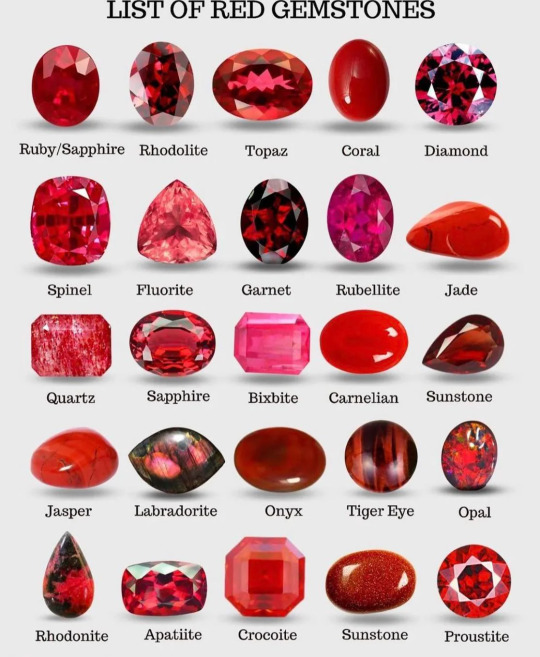
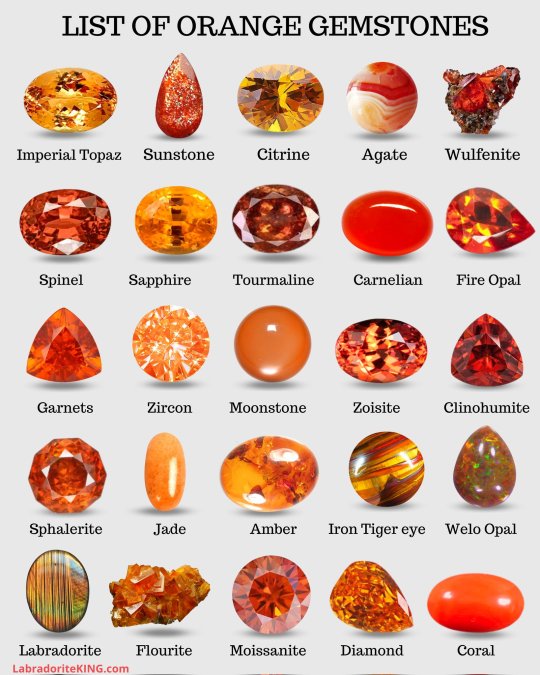
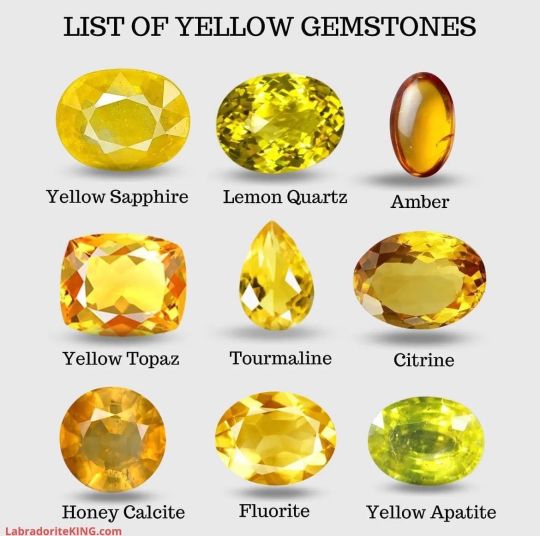
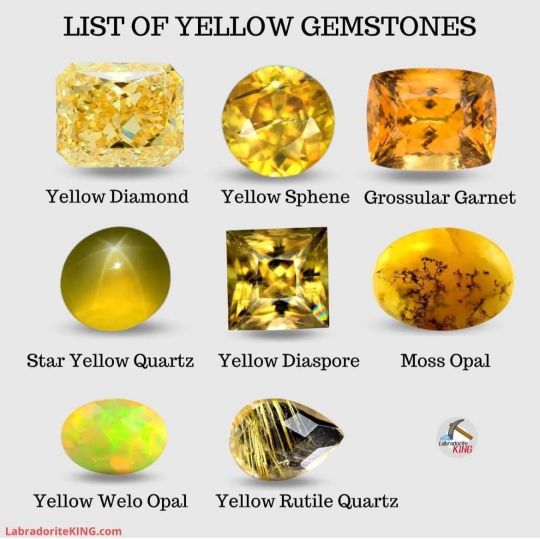
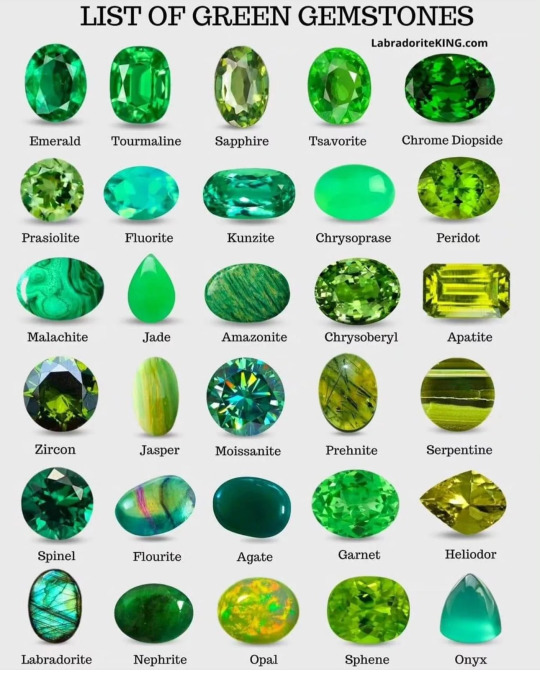
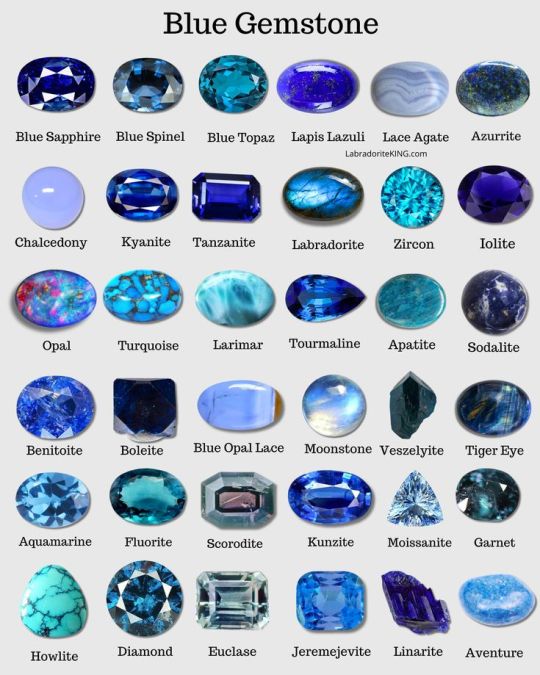
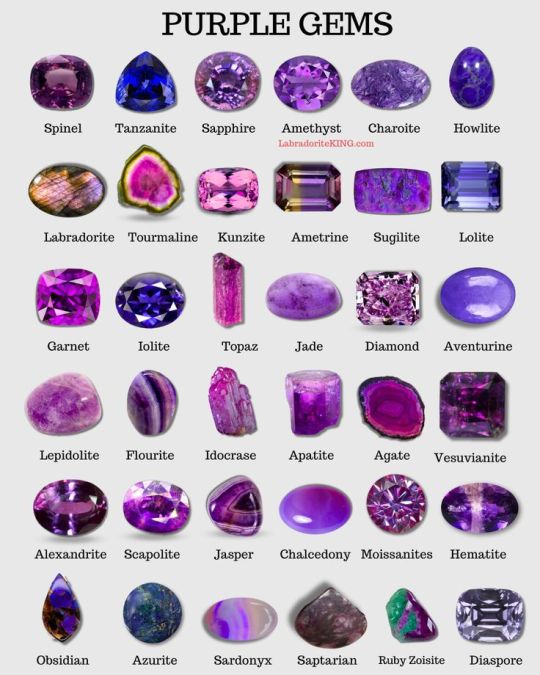
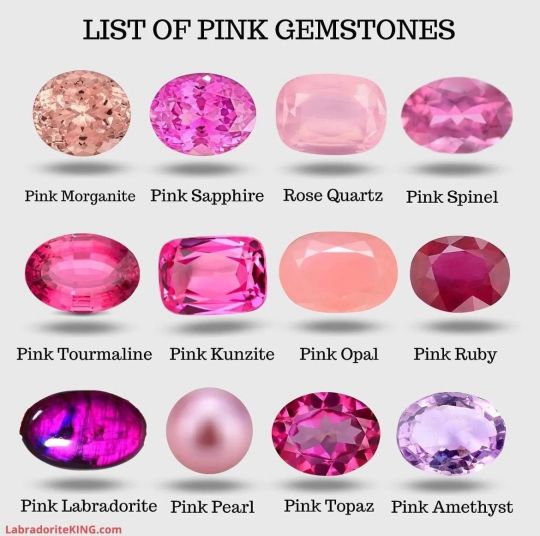
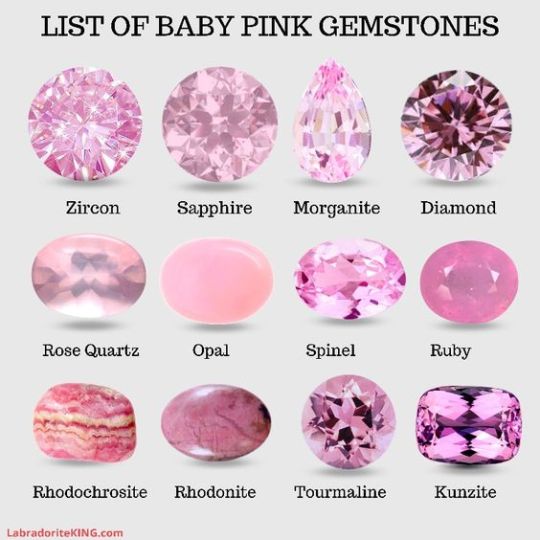
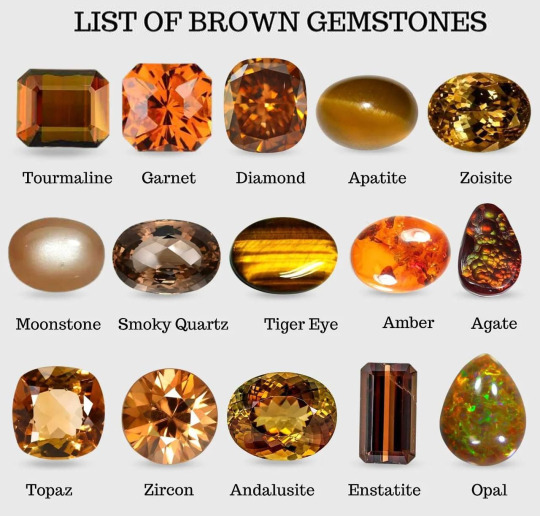
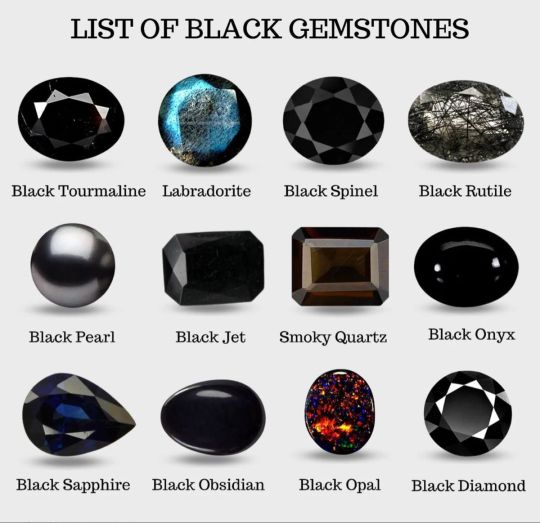

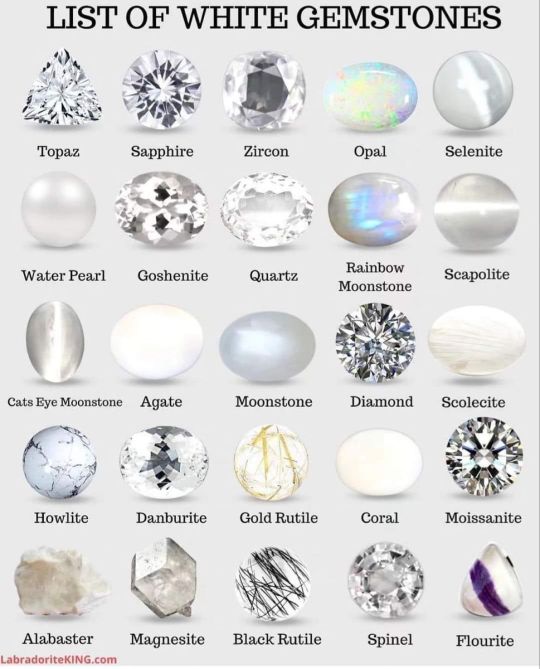
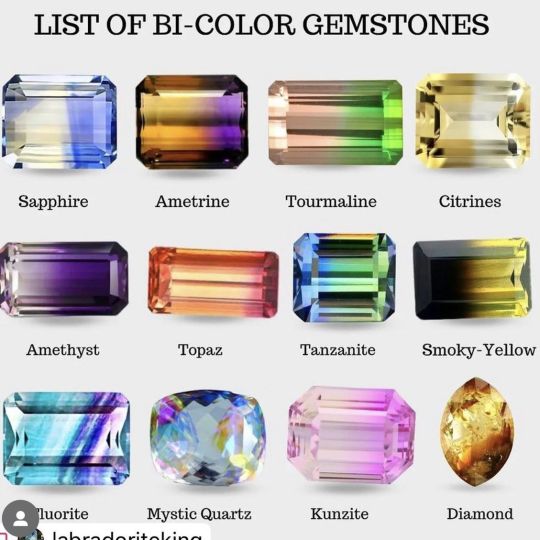
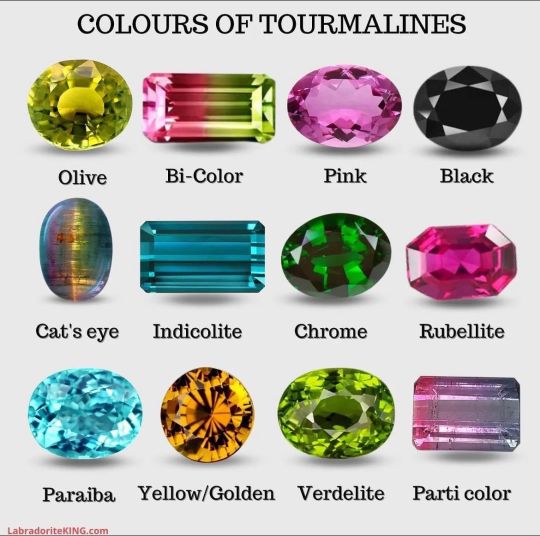
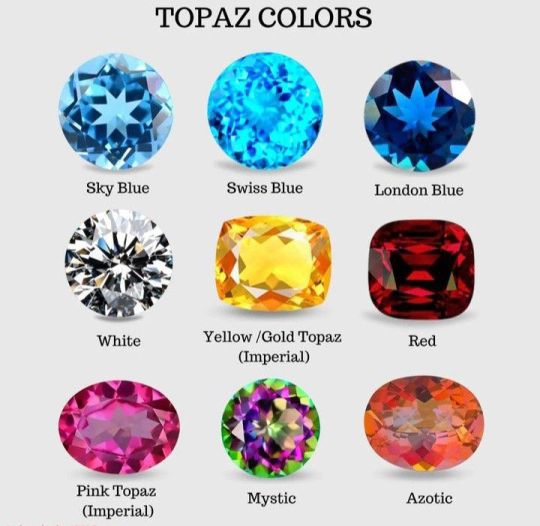
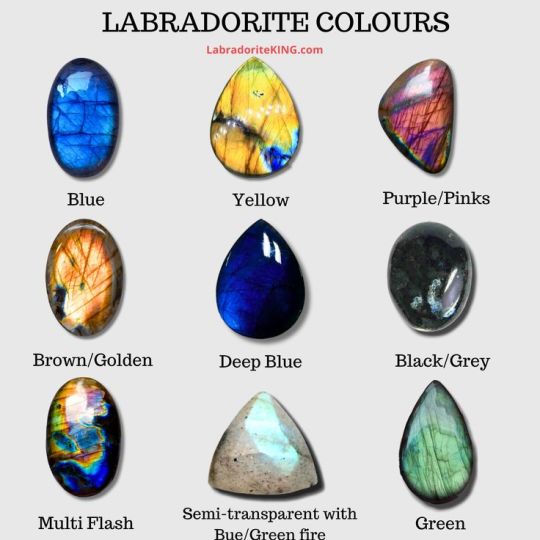
By LabradoriteKing on Pinterest
168K notes
·
View notes
Text
I think the thing about it for me is that transmascs have the fundamental right to tell you what our experiences with misogyny and male privilege are, not the other way around.
You don't know what we go through unless we tell you. I don't know what other transmascs go through unless they tell me. Cis women, other trans people, even people with the exact same identities, the exact same life trajectories- none of us know what another person is experiencing or has experienced, let alone how they have interpreted and internalized those experiences, unless they tell us. Even then, we will only ever have access to an imperfect version of that true experience filtered through several layers of language and our own perception & biases.
Does this clash with what feminism says about men's experiences? Yes, absolutely! A lot of (generally mainstream) feminism believes that women Know what men experience better than they themselves do, colored as those experiences are by bias and privilege. And this is a fundamentally isolating, egotistical belief. It cuts us off from each other, it prevents us from connecting, and it shuts down meaningful conversation before it can happen. It says women are pure and perfect, and men are sullied by privilege; that anyone touched by privilege cannot be trusted, and should not trust themselves.
When cis men say they've never experienced privilege, the answer should not be, "you don't know that," it should be vulnerability & curiosity. Why do you think that? I find that hard to believe for these reasons, but I want to know more. I want to co-create understanding with you. Are you curious about me, too? Will you offer me this same kindness? (And if not, they're probably not worth your energy!)
And y'know what, maybe they haven't actually experienced the things you think they have! Maybe the framework you are using is imperfect- maybe it works on a systems analysis level, but it doesn't apply universally. Particularly when we're talking about marginalized men!
This idea that experiencing privilege means you cannot be trusted, ever, to understand that privilege or to know when you have or haven't experienced it? It's so fucking dangerous. Case in point: transfems should be able to talk about the ways in which they might have experienced male privilege without it immediately discrediting everything else they have to say, up to and including about their own identities.
We cannot operate like this. A framework that denies people's self-knowledge will never be capable of liberating anyone.
So yes, actually, some transmascs may experience conditional male privilege at times. But will you, do you believe transmascs when we tell you that we don't?
#reblog#transandrophobia#this is relevant to the recent 'terfs actually love transmascs' thing on my blog#& all the people in my notes who were pointing out how the bigotry we face from terfs is not actually love#& yet anons still kept going 'but they love you so much!' without listening to anything that was said#why do you think you get to tell us what our experiences with terfs are?
1K notes
·
View notes
Note
Can confirm I've been on here for years now and before Gamer Gate and then the rebirth of Terfism happened the widely accepted feminist talking point was that men suffer under the patriarchy and how we need to talk about that because one of the fastest ways to get cis men on our side was to show them we were already on their side!
I remeber posts with hundreds of thousands of notes talking about how men are assumed to be worse caregivers than women to the point that in custody battles even if the mother is beyond a shadow of a doubt the worst abusive mess ever and the dad is the embodiment of a perfect parent the kids will end up with the mom. It doesn't even matter if the dad says he wants the kids and the mom says she doesn't, the women still gets assumed to be the better caretaker!! This is misogyny effecting men!!
And I know MRAs are terrible but I remember a video going around talking about their recruitment points, like how more men die doing dangerous jobs and the draft or men getting no help when they've been abused by women and being assumed to be violent predators even when they haven't done anything and like yeah, they 100% came to the wrong conclusions about what causes the problems and what the solutions are bcs it's easier to act like women are the problem, but those problems as they were introduced in the early 2010s were actual problems feminism is trying to address, and if these men could see that we are fighting the same fights and join US we'd be stronger. There was a prominent internet feminist who got full on red pilled just by listening to men tell her about their real actual problems, and the time they pulled the rug out on blaming women it was too late, she was convinced, because yeah women aren't the real problem at the root of men's issues they do HAVE ISSUES. The trick is that they just need to tackle the patriarchy, not women. I also saw stuff that legit talked about how to recruit men by pointing out how badly the patriarchy "serves" them!! (GamerGate quickly ruined any and all salient points that existed in the MRA movement bcs the internet is a feedback loop and anger is easy/fun sadly but yeah I feel like it's weird to act like they were always wrong no matter what when they at least did point out real problems.)
And like RBG partially made her name in the courts defending a CIS MAN on the basis that he was being discriminated in a way a CIS WOMAN would not have been, and the ruling allowed for insane amounts of progress for women. A man not being allowed a tax credit to hire a nurse for his bedridden mother is one of the first things that challenged discrimination on the basis of sex in America. But sure men ONLY gain benefits from the patriarchy. It NEVER hurts them too!! And helping them won't benefit us!!! Making them our allies is silly they should all shut up 🙄
Hell back in the 2010s I still remember seeing trans men talk about how horrible and alienating it was for all of their female friends and family to suddenly start acting like they were a threat, and not just pointing out the inherent transphobia, the guy went on to talk about that they finally get why cis men are the way they are, they suffer from systemic emotional neglect. And yeah that obviously does not mean women owe them emotional avaliablity and sex, but maybe the patriarchy telling men to be big tuff guys who never hug or cry or like anything even a little girly HURTS THEM and is a direct cause of a LOT of the problems we're dealing with rn!!! There was a whole study about how widows tend to live a lot longer after their husbands because they have friends and family to lean on and weren't taught to suppress their emotions, meanwhile widowers tend to die VERY quickly after their wives because they no longer have someone who it's okay for them to be open and emotional around, and not having someone you can do that with KILLS PEOPLE. People were saying again, this does not mean women HAVE to take on all their problems, but maybe that we need to stop assuming men don't need emotional support and teach our sons to not be afraid of being ulnerable, honest people because systemic emotional neglect IS BAD FOR YOU ACTUALLY.
These were ACTUAL conversations that swept this damn site. This was the direction feminism was going in. We were on the cusp of a beautiful age of 4th wave feminism with the knowledge that the patriarchy seves no one well and free the nipple and no gender segregated bathrooms and sports, and now just pointing out that we need to maybe understand the ways men struggle under the patriarchy if we've ever going to have them join and help us build a better world gets my inbox flooded with both terfs and so called progressive feminists calling me a gender traitor for being willing to admit men arent the source of all the world's ills and WE NEED THEM ON OUR FUCKING SIDE. I used to proudly call myself a 4th wave feminist back when people still claimed to be of the 3rd, and now idk what I even am. A bell hooks and leslie finberg feminist I guess, since they actually seemed to get it.
Yeesh. Anyway sorry that got heated. This has just ruined my brain. I do not understand where tf we went wrong, bcs hell back in the day we also pointed out how TERFs were wrong to want men and people they perceive as men and those "tainted" by men put to death for existing so they could build their stupid white supremacist wombyn utopia. We KNEW hating men just for being men was wrong and regressive and hurt maringalized men and did NOTHONG to push feminism forward. We talked about the issues that men face and how to raise our sons to be better. But idk I guess Gamer Gate and the Incel movement took off right as TREFs figured out the whole ace and truscum discourse thing wasn't working and they just needed to doctor their arguments against men better and radical feminism took off and this entire site regressed 1000 years and thinks trans men of all people are just as bad as cis men and trans women have a monopoly on an entire axis of oppression like?????
And I'm not putting the blame squarely on anyone aside from the radfems who started this shit but it does NOT surprise me that we are seeing a massive resurgence of biphobic, transmedicalism, and aphobia since half the queer discourse I see these days is anti-transandrophpbia assholes just word for word repeating the kind of blatant aphobia and truscumery that would have gotten you suplexed off the face of the earth in the 2010s with the identities swapped. Just word for word monosexist aphobic shit. Legit is giving me flashbacks, it's insane.
I have never in my life been more disappointed in my community of queer feminists. This is masks all over again. Like is this how kids who grew up evangelical feel when they realized actually the adults didn't mean literally love all your neighbors silly just the Correct ones?? I feel like I'm in the twilight zone. What the hell happened to us.
Thank you for writing all this anon, you put enough work in it I'm gonna toss it in the tags, I think it deserves to be seen. <3
The problem with MRAs was never that they believed men had problems too, but that they used certain things - like their disadvantage in custody hearings, for instance - as a cudgel in a malicious crusade against a target they hated anyway for not fucking them. Now with as quick as people are to say things like "what, are you saying androphobia exists too?????" it feels as though we've completely forgotten the actual reason we ever hated MRAs to begin with.
It's the same with the dating article where the most basic possible interactions between two adults mutually seeking a hook-up were taken to be pick-up artistry.
170 notes
·
View notes
Photo

Rabindranath Tagore (1861-1941), poem 85 from “The Gardener”, 1914 Translated by the author from the original Bengali. New York: The Macmillan Company.
89K notes
·
View notes
Text
What is an Alpha Reader?
Stories don’t exist without writers - that much is a given. But the best stories are never a solo effort, even if they have only a single author. Other people will contribute, in big ways and small, and potentially fill many roles to help the author see the work through to completion. Three of the most prominent of these roles are:
Alpha readers
Editors
Beta readers
Each does something different, but often in fandom-based writing spaces they’re used interchangeably in ways that can lead to confusion and a mismatch of expectation and performance between the author and the person helping them. As such, Duck Prints Press will be doing a series of three posts over the next few weeks that discusses each of these roles in detail. The purpose of these posts is
to provide a definition of each role (alpha, editor, and beta)
list examples of services a person in each role might provide for an author,
provide insight into some appropriate ways for an author to interact with their helper, and
to suggest some points that an author and their selected feedback provider should discuss before the alpha/editor/beta begins work, to ensure that both individuals have a positive experience and that the helper is providing the kind of information that the author is seeking.
Two things of note before we proceed:
There is no single definition of these terms. We’re not claiming to be an authority or to say, “these are the correct definitions and all others are invalid.” Instead, our goal with these posts is to provide a common framework to help authors and individuals interested in helping them communicate about the nature of the roles to be undertaken, and to give information to help both writers and people who want to help writers understand what help is desired and how they can support each other.
If an author hasn’t said “I’m looking for an alpha/editor/beta,” then it doesn’t matter what form of feedback you provide - unsolicited alphaing, editing or betaing is generally unwelcome and often unhelpful. Yes, some authors DO like and appreciate it. However, most don’t. Never use these posts as, “now that I know what alphaing is, I’ve read your story and now I’m alphaing for you!” That’s not how this works. Alphaing, betaing, and editing are always collaborative, undertaken between an author and feedback provider that they’ve entrusted to help them. If you’d like to give feedback to an author about something of theirs you’ve read…ask them if they want it! And respect their response! It’s really, truly that simple.
What is an Alpha Reader?
Alpha readers are generally one of the first “outsiders” brought in to support an author, and, depending on how the author approaches their process, may be sought before the story has been written. The primary roles of an alpha reader are to brainstorm with an author, flesh out the plot, fill plot holes, solve conundrums and issues that arise, and help the author get their vision of the story put down in concrete words. Alpha readers may be recruited short term, to help an author work through a specific issue, or they may accompany the author from conceptual inception through the entire first draft or beyond - some may even end up credited as co-authors, depending on how many ideas they end up contributing! In fandom spaces especially, alphas are often described as cheerleaders, and in many cases, they are explicitly asked not to provide extensive criticism and editing - alphas work with the understanding that they have been brought in to help an author complete a first draft, and so the issues they help with are those more relevant to a work at an early stage of development.
Many people short-hand alphas by jokingly refer to them as “rubber duck debuggers,” inspired by the habit many computer programmers have of talking out a problem to an inanimate object until they figure out the solution. The idea is that alpha readers often don’t have to do anything - they just have to listen to the author until the author figures out the solution themselves! Sometimes, that’s truly all that an alpha will need to do, but don’t assume that’s all an alpha will do, and don’t play down the critical role that many alphas have played in the development of stories by giving timely, insightful feedback. An alpha can be invaluable in solving issues, seeing through thorny challenges, resolving points of uncertainty and confusion, and providing the author with the motivation, support and encouragement they need to see a first draft through to the end. Alphas are great, and are definitely not interchangeable with a rubber duck (however much we at Duck Prints Press love our rubber ducks).
Services/Responsibilities/Activities Associated with Alpha Reading:
Meet with the author to establish the scope of help the author would like. This post includes a thorough list of tasks often undertaken by an alpha reader, but it’s unlikely that an alpha reader will do all of these tasks.
Listen to and incorporate world building and character information provided by the author, and work to provide feedback that fits with what they’ve established.
Read an author’s notes or outlines to get a general idea of what the author is trying to accomplish
Discuss story elements with the author to whatever degree of detail and specificity the author requests.
Offer insight and ideas to help solve problems that the author approaches you about, within the scope of what the author has said they’re willing to change or modify about their story.
Cheerlead, praise, and support the author as they write their first draft.
Indicate sentences, passages, and/or chapters that work especially well, and those that lacked adequate explication for the alpha to understand what took place.
Point out issues with representation, areas where the author might need to do more research, use of racist or sexist tropes, and other aspects of the story that may be problematic. (Please remember to be careful of the difference between “this story contains problematic elements” and “this author is problematic.” Many authors intentionally playing with these elements. Also remember that alphas are not the same as sensitivity readers!)
Make sure to offer feedback on what is good and what you like!!
If given a full first draft manuscript to review, post-reading you may be given a list of questions the author would like you to answer, indicating specific areas that the author would like more information about and/or help with.
Very rarely, an author may ask for an alpha to edit for grammar, structure, word choice, and other technical elements. However, in “standard” definitions of alpha reading, these roles would be excluded.
Be honest and objective! Don’t say something is good if you don’t think it is, and don’t say something is bad just because you didn’t like it.
Understand that an author is never obligated to take an alpha’s advice!
Services/Responsibilities/Activities Associated with being an Author Working with an Alpha Reader:
Have a clear idea of what an alpha reader will be asked to do before recruiting one - ideally, any request for an alpha should include this information! Don’t just say, “I’m looking for an alpha reader” and assume that anyone who responds will understand that to mean the same thing as you do. Instead, say, “I’m looking for an alpha reader to help me with…” and indicate the specific area(s) that you’re requesting support for.
Don’t ask for feedback if you’re not prepared to be given feedback. Understand that requesting an alpha may mean opening yourself up to criticism; never forget that you invited them, so respect them and appreciate them. Don’t ask someone to alpha for you if you don’t respect their opinions and assessments.
Communicate your expectations and needs clearly.
Listen to the alpha reader and take their advice under consideration.
Indicate when you’ve reached a decision, so the alpha reader doesn’t continue to focus on a point that has been resolved.
Be kind and polite, even if ultimately you reject the alpha’s recommendations.
Ask clear questions directly related to what you’re trying to find out about what works and doesn’t work in your manuscript. Don’t try to be vague or passive to try to “get at” if something worked; it’s better to be honest and straightforward.
Employ multiple alphas to get different viewpoints.
Do not take criticism of the work as criticism of you as an author and person.
Respect the alpha reader’s boundaries.
Understand that the alpha is never required to agree with you, and may ultimately dislike your work.
Communication is critical! If both parties aren’t clear about their expectations and responsibilities, how can they effectively work together? It’s also critical to set and maintain boundaries. An alpha doesn’t agree to be “on call” 24/7. An author doesn’t agree to hear endless criticism of their ideas. An alpha should never be subjected to material that they’ve indicated may trigger them. An author should never be subjected to an alpha harping on a pet idea that the author has already indicated they don’t wish to use. If the relationship isn’t working for both individuals, it should be terminated. Furthermore, just because the relationship doesn’t work, that doesn’t mean either individual is “bad” at fulfilling their role; often, it’s simply a mismatch in communication and work styles. And that’s okay! Don’t bad mouth someone you failed to work effectively with…but also, don’t feel you need to keep working with them!
Suggested Questions an Alpha Reader and Author Should Discuss Before Working Together:
Not all of these will be relevant to every author/alpha relationship, but they’re worth being aware of!
Will the alpha reader be paid for their help? This is generally not relevant in fan spaces, but may be if the alpha is working on an original work destined for publication.
Will the alpha reader be credited when the final product is made public?
Will the alpha reader be expected to keep silent about what they’ve read, or perhaps even sign a Non-Disclosure agreement or other form of contract?
When is the alpha usually available? When is the author usually available? Will meetings be held regularly on a schedule, as-needed, or elsewise?
What software and/or accounts will the alpha be expected to use? For example: a specific word program, a gmail account, Discord, etc.
How will the author and alpha communicate primarily? For example, by chat program, by e-mail, by telephone, etc.
Is the alpha required to be familiar with other works in the author’s oeuvre?
Is there any potentially triggering material in the work that the alpha should be made aware of?
Does the alpha have any unusual triggers or squicks that the author should be aware of?
At what stage of the project is the alpha reader being invited in - conceptualization? Writing? Completed first draft?
What specific aspect(s) of the book is the author looking for feedback on? The plot? The characters? The pacing? If a specific line landed as intended? Is the dialog catchy? Is the world-building thorough?
Will the alpha reader be providing long-term help (eg, for the entire time an author is writing the first draft of a novel) or short-term help (eg, an author has gotten stuck at a specific point and wants to discuss only that with someone else)?
Is the author looking for someone to primarily listen to them and let them work it out on their own?
What are the main themes/tropes/elements/etc. the author hopes to communicate? It’s often best to discuss this after the alpha has read the work, so the author can see if they’ve succeeded, but it depends on when in the process the alpha has been brought on. If the alpha is helping develop plot and concept, it will be important for the alpha to understand upfront what the author is trying to accomplish.
Is the alpha familiar with areas relevant to what the author is writing? For example, if the story is fanfiction, is the alpha familiar with the franchise? If the story is in a specific genre, is the alpha acquainted with the tropes of that genre? If the story is in a specific setting - especially if it’s a setting with a high degree of technical specificity - is the alpha able to offer insight and knowledge to support accurately portraying that setting?
Does the author want criticism at this stage? (Usually, inviting an alpha implies the answer to this is yes, but don’t assume!)
Does the author want editing done? (Usually, inviting an alpha implies the answer to this is no, but don’t assume!)
Are there aspects of the story the author feels are “set in stone?” Are there aspects the author doesn’t mind changing, or would even prefer to change?
Is the alpha welcome to provide suggestions for developments outside the framework of storyline and world building provided by the author? For example, would the author be open to having the alpha say, “maybe you should create a new character to fill this role,” or, “maybe you should change the entire ending,” or would they prefer that the alpha work with the plot, characters, pacing, etc., elements that the author has already created?
Check in throughout the process - Is the way I’m doing this working for you? Is this feedback helpful? Are my responses as the author enabling you to do your work as an alpha? Do we need to change anything to ensure that this is providing the kinds of support that the author has requested? Talk to each other! You’re in this together. It’s okay if things need to be changed (in the story, in the relationship, in the communication style, you name it) - change them until you find a way to collaborate that works best for both parties.
You’ll see the common theme in all this advice is that the key to a successful alpha/author relationship is communication. Authors: be clear and honest about your project and your needs. Alphas: be clear and honest about your assessments and suggestions. Work together, not in opposition. Now, go forth and write things, and read things, and make amazing stories!
We’ll be doing two more entries in this series - What is an Editor? and What is a Beta? in the coming weeks, so stay tuned!
155 notes
·
View notes
Text
Before starting T, when I socially transitionned, I was surrounded by radical feminists who saw masculinity as gross and inherently evil, something to avoid, something to make fun of, something to destroy. The other transmascs in my friend group, sometimes, told me that they didn’t knew if they really were non-binary or if they just were scared shitless of saying “I am a man”. Because they saw this as a betrayal to their younger self who had been SAd and abused.
I saw many of my masc friends and trans men around me hate themselves, not outing themselves as men because it would imply so so much, it was like opening the Pandora Box. Even when we were just together, talking about our masculinity was always coated with bits like “I know we’re the privileged ones but…”, “I don’t want to sound like I have it bad but…”, “Women obviously have it worse, but last time…” and we were talking about terrible traumas we experienced while taking all the precautions in the world in the case the walls were a crowd of people in disguise waiting to get us if we didn’t downplay the violence we faced, or like crying and being upset and being traumatized and afraid and scared and to say it out loud would make us throw up the needles we were forced to swallow every second of every day living in our skin.
Most of us weren’t on T yet, some of us were catcalled every day and harassed in the streets or in abusive relationships nobody seemed to care to help them get out of because they were “strong enough” to do it by themselves.
I was using the gender swap face app and cried for ours when I saw my father looking back at me through the screen. The idea of transforming, of shedding into a body that would deprive me of love, tenderness, and safety, was absolutely terrifying. I knew I couldn’t stay in this body any longer because it wasn’t mine, but I also knew that if I was going to look like my dad, my brother, my abusers, it would be so much worse.
5 years later and I’m almost 2 years on T, and almost 2 months post top surgery.
I ditched my previous group of friends. I was bullied out of my local trans community. But let me tell you how free I am.
I was scared that T would break my singing voice: it made it sound more alive than ever.
I was scared that T would make me less attractive: it made me find myself hot for the first time in my life.
I was scared that T would make me gain weight: it did. But the weight I put on is not the weight I used to put on by binging and eating my body until I forgot that it even existed. It’s the weight of my body belonging to me, little by little. The wolf hunger for life.
I won’t tell you the same story I see everywhere, the one that goes “I started going to the gym 8 times a week, I put on some muscles, I started a diet and now I look like an action film actor”, in fact if you took pictures of me from 5 years ago vs now I’d just have more acne, I’d have longer hair and still look like I don’t know what to do with myself when I take selfies.
But the sparkle in my eyes, my smile, tell the whole story way better than this long ass stream of words could ever.
I want to say some things that I wish someone told me before starting medically transitionning.
It’s okay to take your time. It’s your body, it’s your journey, if you don’t feel comfortable taking full doses and want to go slow, the only voice you need to listen to is your own. Do what feels right.
If you feel overwhelmed, it’s okay to take a break, it’s okay to ask for support.
Trans people are holy. Everyone is. You didn’t lose your angel wings when you came out because you want to be masculine. You are not excluded from the joy of existence, from being proud of yourself, from being sad, from being scared, from being angry. The emotions and feelings you allowed yourself to feel while processing what you experienced when you grew up as a girl and was seen as a woman are still as valid as before. Nobody can take that from you. If someone tries to, don’t let them.
It’s perfectly normal to grieve some things you were and had before you started to transition, like your high soprano voice or even your chest. Hatching is painful. You can find comfort in things that don’t feel right, so making the decision to change can be incredibly scary and weird and you deserve to be heard and supported through this. Wanting top surgery doesn’t make the surgery less intense, less terrifying, less painful to recover from. When it becomes too much you have the right to take a break and take some deep breaths before going on.
You don’t have to have a radical, 180° change for your transition to be acceptable or valid or worthy of praise. Look at how far you’ve come already. It doesn’t have to show, you’re not made to be a spectacle, you’re human and it is your journey.
Oh, and last thing, you know when some people say “Oh this trans person has to grow out of the cringy phase where you think that you can write essays about being trans or transitionning or just their experience because it’s weird” ? If you ever hear this or see this online, remember all the people whose writing you read and, even if they were not professional writers, helped you more than any theorists did ? If you want to write, do it. It won’t be a waste. It can help people. Or it won’t, and even then, if it helped you, that’s enough.
Love every of my trans siblings, take care of yourselves. You deserve the world.
12K notes
·
View notes
Text
Looking at fonts and some of them are nice and consistent all the way through, but for some of them you look at the special symbols and go "hoo boy, zero effort went into that ampersand"
29K notes
·
View notes
Text
writing advice for characters with a missing eye: dear God does losing an eyes function fuck up your neck. Ever since mine crapped out I've been slowly and unconsciously shifting towards holding my head at an angle to put the good eye closer to the center. and human necks. are not meant to accommodate that sorta thing.
84K notes
·
View notes
Text



La Trans Cena
A work entirely of Chicano trans mascs I participated in, inspired by The Last Supper. I’m holding the threads connecting everyone together, offering to our trans Jesús who is crowned with needles and t-bottles
Mi.Vida.Trans by Ocelotl Mora
11K notes
·
View notes
